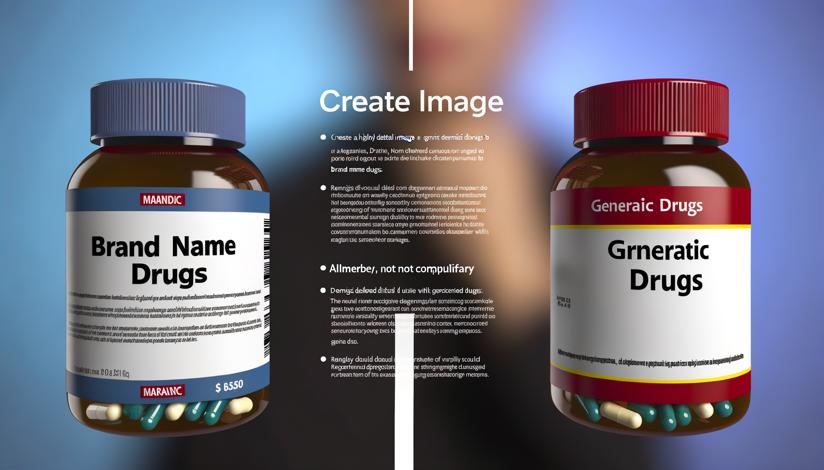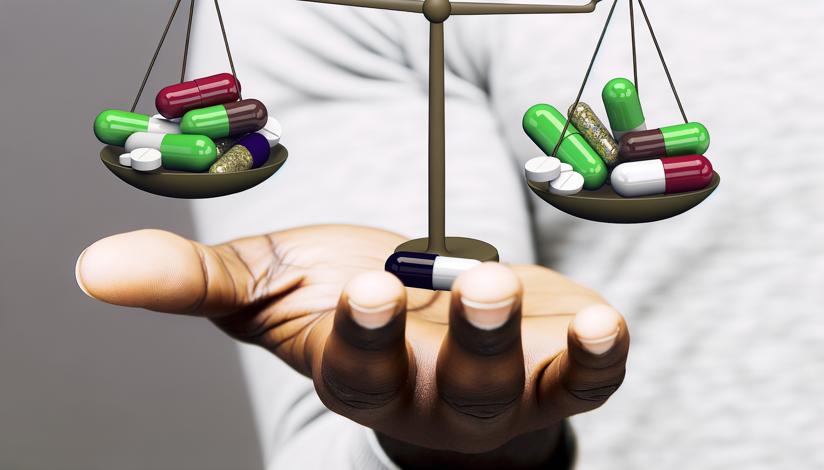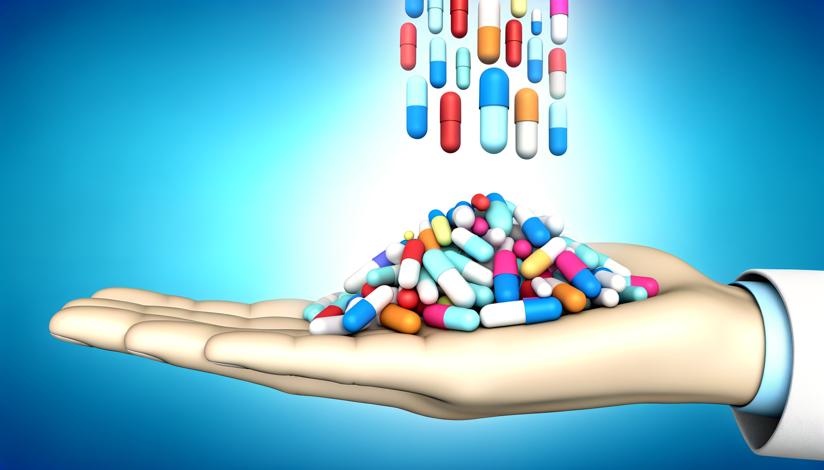

Taking medication is an essential part of managing many health conditions, but it's important to remember that not all medications play nicely together. Drug interactions can occur when two or more medications react with each other, potentially causing unwanted side effects or reducing the effectiveness of one or both drugs.
Some drug interactions can be minor, resulting in mild side effects like drowsiness or stomach upset. However, others can be more severe, leading to serious health risks such as a sudden drop in blood pressure or an increased risk of bleeding. It's important to be aware of the potential interactions between your medications to ensure your safety.
There are several factors that can contribute to drug interactions. These can include the dosage of the medications, how they are taken (such as with or without food), and individual variations in how drugs are metabolized by the body. Certain medical conditions can also increase the risk of interactions.
One of the most important steps in avoiding drug interactions is to keep a comprehensive list of all the medications you are taking, including prescription drugs, over-the-counter medications, and herbal supplements. This list should be shared with all healthcare providers involved in your care, including doctors, pharmacists, and specialists. They can help identify potential interactions and make recommendations to minimize risks.
In addition to keeping a medication list, it's important to read the labels and instructions for all medications you take. Look for warnings or precautions related to potential drug interactions. If you have any questions or concerns, don't hesitate to reach out to your healthcare provider for guidance.
Another key aspect of managing drug interactions is to use one pharmacy for all your prescriptions. This allows the pharmacist to have a complete view of all your medications and can help identify potential interactions. They can also provide important counseling about how to take your medications to minimize interaction risks.
It's also worth noting that drug interactions are not limited to just prescription medications. Some over-the-counter medications and herbal supplements can also interact with prescription drugs. It's important to discuss all medications and supplements with your healthcare provider to ensure their safety and effectiveness.
In conclusion, understanding and managing drug interactions is essential for staying safe and healthy. By keeping a medication list, reading labels, and consulting healthcare providers, you can minimize the risk of drug interactions and ensure the medications you take are working as intended.
If you have any concerns about potential drug interactions, speak to your healthcare provider for personalized advice and recommendations.

Avoiding potentially serious side effects
Optimizing the effectiveness of medications

May require additional time and effort to manage medications














-
https://www.mayoclinic.org/drugs-supplements
-
https://www.fda.gov/drugs/drug-interactions-labeling/drug-interactions-table
-
https://www.webmd.com/drugs/2/index





























